Always bubbling beneath the surface of any combat sports discussion of any kind is the compulsion to compare boxing and mixed martial arts. Which sport’s fighter would win in a street fight? Which sport’s fighters are more talented? Which sport handles matchmaking better? Which has adopted the better business model, for the people in suits and for those in the ring or cage?
Within the general sports community, and sometimes within boxing circles too, MMA is a trusty tool when needing to prove a point about the Sweet Science’s popularity. Any time anything dissatisfying happens in boxing, “this is why it’s losing fans to UFC!” is right on the tip of the tongue of those voicing their displeasure, whether that’s actually quantifiably true or not. More fervent supporters of boxing will retort that the business model of MMA’s biggest operation, UFC, is predatory towards its athletes and uses its market dominance to suppress wages and keep profits in the clouds.
The continuation of these discussions, as well as those economic realities, has led to a genre of crossover boxing matches over the last six years that have proven to be as lucrative as they’ve been one-sided. Conor McGregor was trounced by Floyd Mayweather in the biggest pay-per-view event in history in 2017, netting so much money that McGregor was able to, at least temporarily, transition into a whiskey-slinging business mogul. Subsequently, Jake Paul entered the world of boxing and beat a host of MMA stars, including Ben Askren, Tyron Woodley, Anderson Silva and Nate Diaz. In each instance, the MMA legends made a career-high payday or close to it (in the case of Silva) and came up short in the fight.
One would have thought that the public’s curiosity for this kind of experiment would have been exhausted, its questions about the feasibility of an MMA fighter moonlighting in another sport and winning a boxing match against someone training full-time as a boxer sufficiently answered, but that would appear to not be the case.
This Saturday represents perhaps the most outrageous bout of this genre yet, as the reigning heavyweight champion Tyson Fury faces former UFC heavyweight champion Francis Ngannou, who departed the company having never lost that title due to a dispute over compensation, health insurance and the right to have a “fighter advocate” present at company board meetings. Upon his departure, Ngannou signed with rival organization PFL, but also leaned into his love of boxing and scored a bout with Fury, which according to his opponent at least will net him a career-high 10 million dollar payday.
In order to market the bout, a handful of factors have been leaned on heavily. Ngannou, who is regarded as MMA’s scariest knockout puncher, holds claim to the “world record for the strongest punch ever recorded.” When tested on a PowerCube machine in 2018, Ngannou’s right hand registered “129,161 units,” reportedly the equivalent to 92.84 horsepower. This anecdote has been critical to the sale of this fight. By now, both the public and even the most hopeful of fans are aware of the challenges non-specialists face in a specialized environment as has been proven repeatedly in crossover bouts. But Ngannou’s scientifically tracked power has compelled fans and even media outlets to tout his punching power as potentially greater than Deontay Wilder’s, Fury’s greatest rival and a man who was able to hurt and drop Fury as well. Even supposing that were true, raw force and the ability to deploy it, let alone land it, are entirely different abilities. Nonetheless, it’s enough to give Ngannou better odds on most sportsbooks than a full-time legitimate boxer like Tom Schwarz was given in 2019. Odds, of course, are a blend of what sportsbooks want you to believe in order to create the most losing bettors and net the most money for their company, and what the public actually believes and is doing with its money on those sportsbooks.
The promotion has also benefitted from another enduring mythology that will forever intoxicate sports fans: The power of Mike Tyson. No athlete has ever held a grip on the broader public past their competitive days quite like Tyson, with some genuinely believing he could still compete in the heavyweight division, a delusion not aided by Tyson’s impressive physique and better than should have reasonably been expected performance against Roy Jones Jr. in their 2020 exhibition bout. For this weekend’s fight, Tyson has been hired to train Ngannou, a partnership that feels like a plotted marketing ploy, but functions all the same even if it wasn’t. Clips of Tyson in a beanie and tracksuit showing Ngannou his signature bob-and-weave are like catnip to social media users, a coming together of two mythically scary punchers ready to shock the sporting world through brute force.
In a recent GQ profile written by Joseph Bien-Kahn on Tyson’s conversion to trainer for this bout, Tyson told the author the number one thing he’s been imparting upon Ngannou in preparation for the bout. His answer could have doubled as instruction for how to promote a fight of this ilk.
“You build it by fantasizing. Daydreaming,” said Tyson. “That’s working the muscle. People think daydreaming’s a waste of time, but it’s making the muscle stronger.”
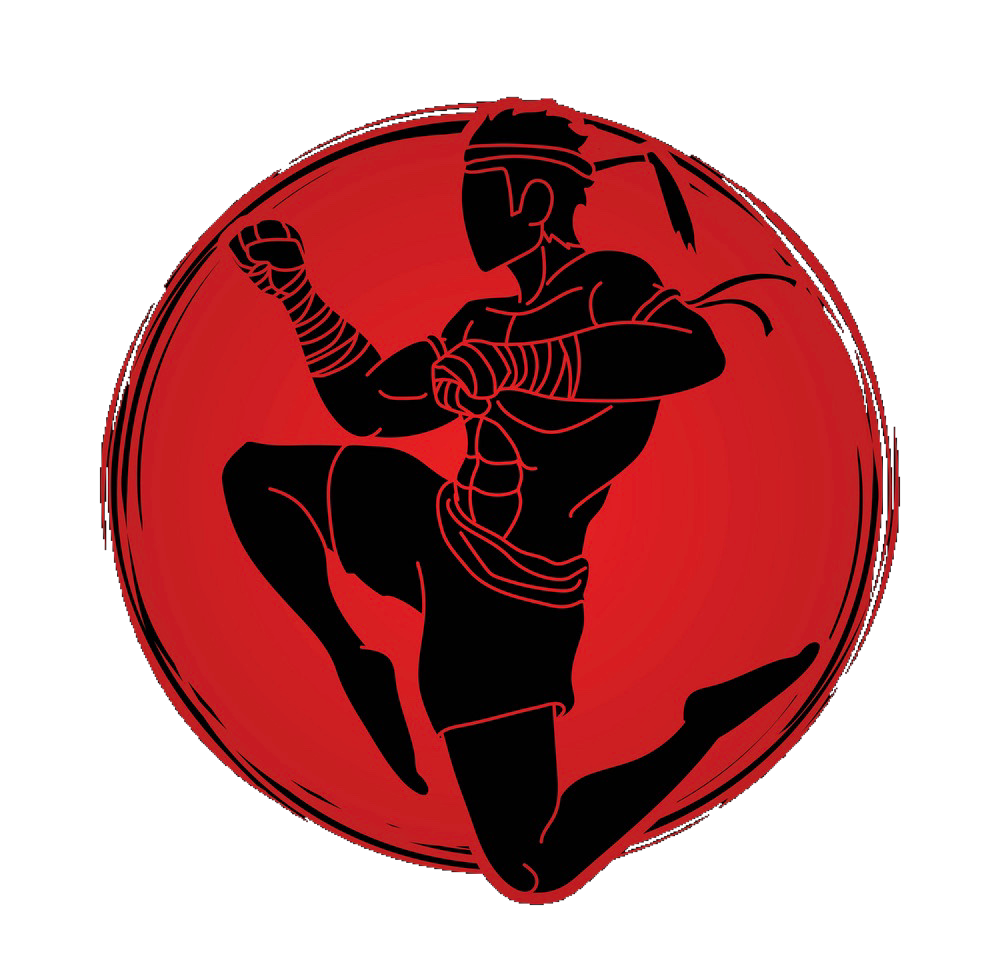
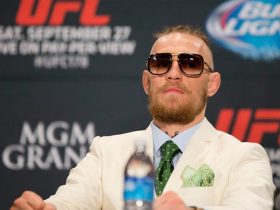
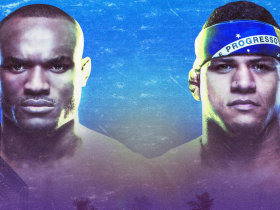
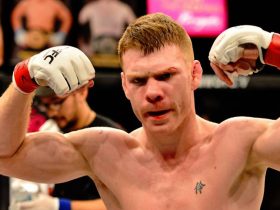
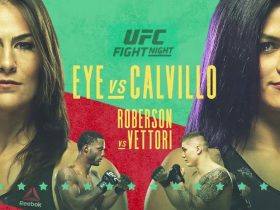

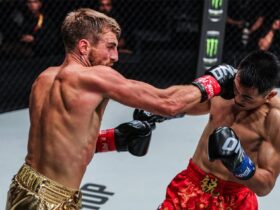
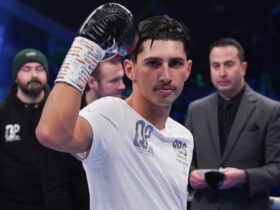
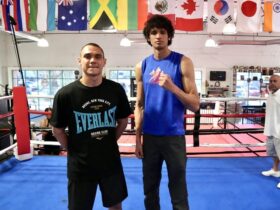
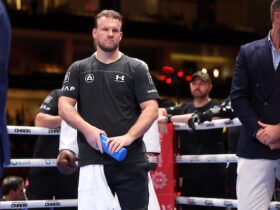

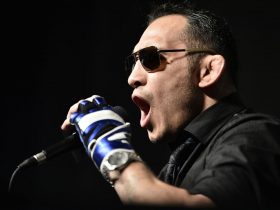

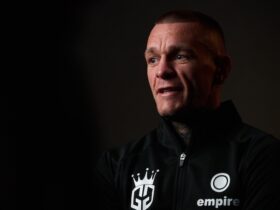
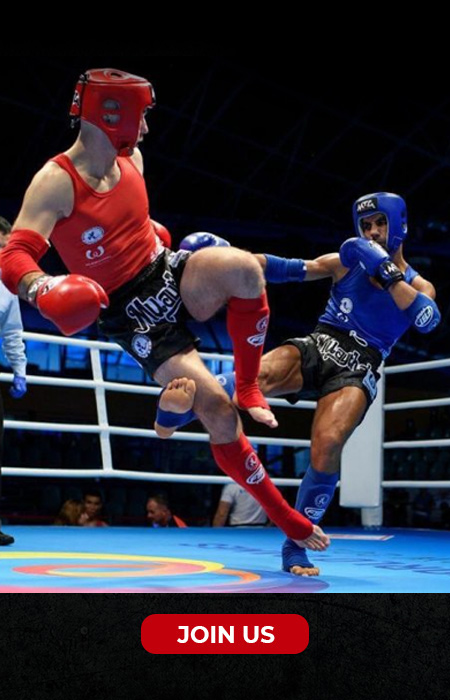
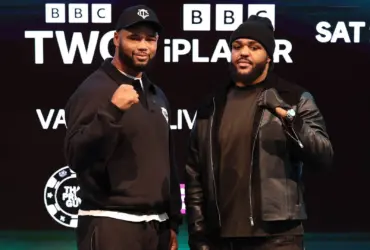

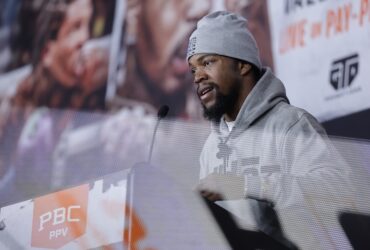
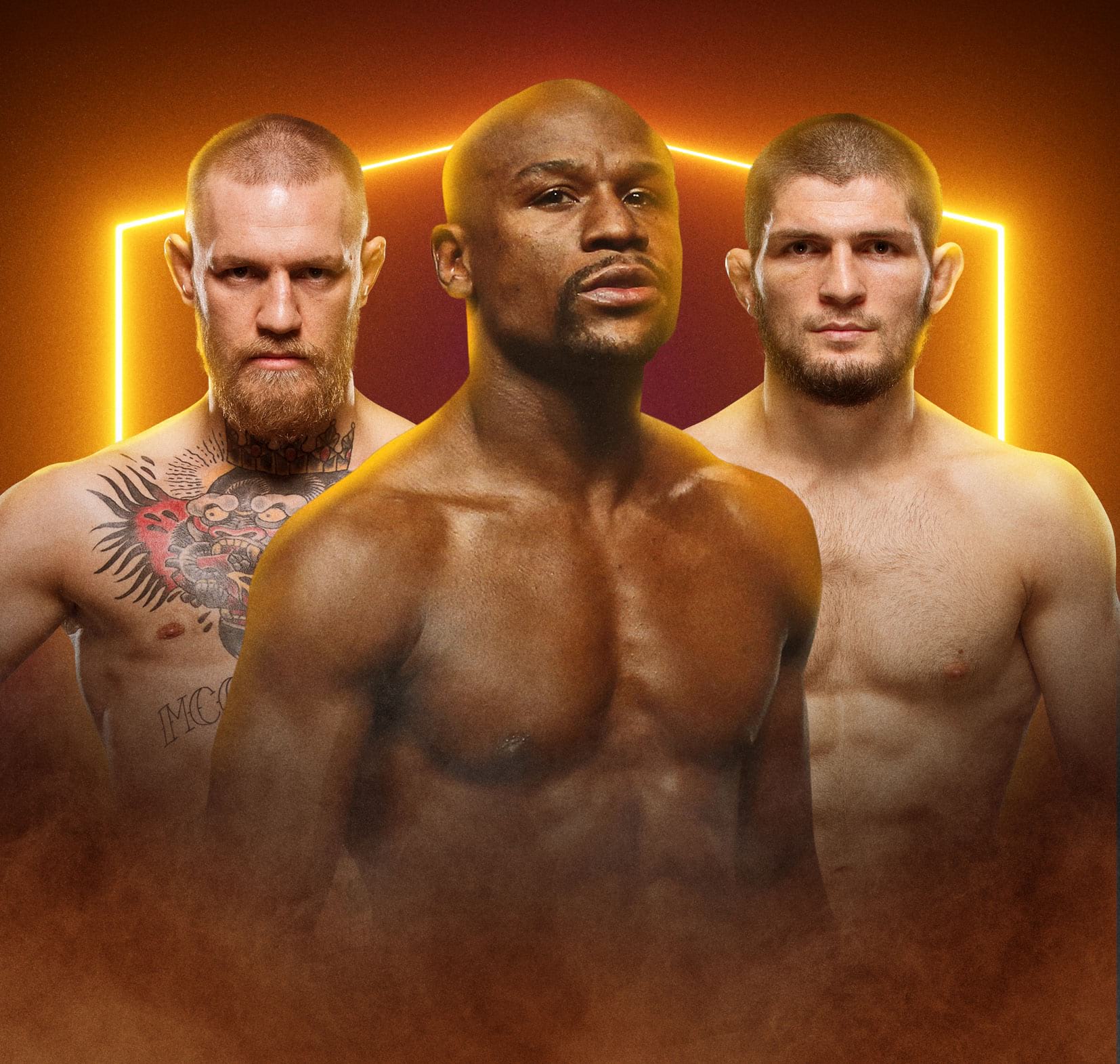
Leave a Reply